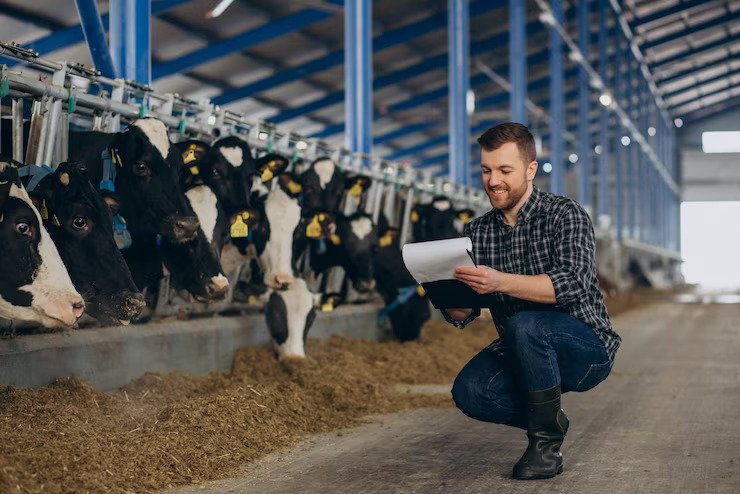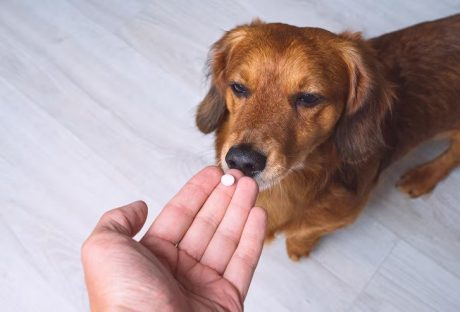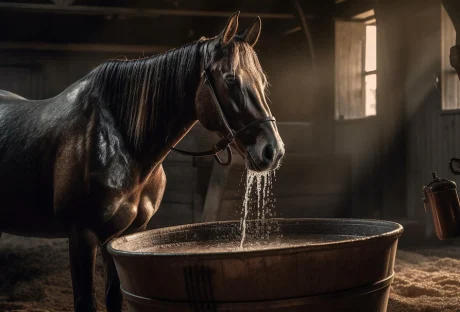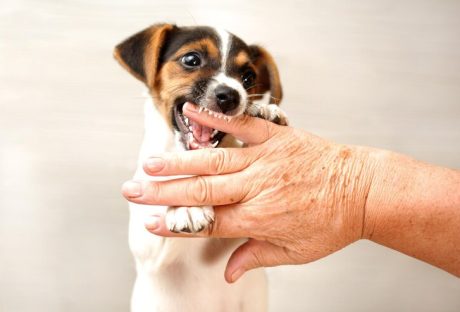Are you looking to maximize the health and productivity of your cattle herd?
Look no further than the importance of proper cattle feed. Fueling your herd with the right nutrition is essential for their well-being and overall performance. Understanding the nutritional needs of your cattle is crucial to ensure they receive the proper balance of nutrients. This research-based article will guide you through the process of choosing the right feed for your herd, managing their feeding strategies, and monitoring their health and performance.
By following these guidelines, you can maximize the productivity and profitability of your herd. Don’t underestimate the power of proper feeding – it can make all the difference in the health and success of your cattle. Get ready to take your herd to the next level with the right cattle feed.
The Importance of Nutritional Balance
Feeding your cattle a well-balanced diet is like fueling their bodies with the perfect blend of nutrients to keep them healthy and thriving. Nutritional deficiencies can lead to a range of health issues and decreased productivity in your herd.
By ensuring that your cattle receive the right balance of proteins, carbohydrates, fats, vitamins, and minerals, you can optimize their feed conversion efficiency. Feed conversion efficiency refers to the ability of cattle to convert the feed they consume into body weight gain. When your cattle have a balanced diet, they can efficiently convert feed into energy, resulting in improved growth rates and overall performance.
Adequate nutrition also plays a vital role in the prevention of diseases and enhances the immune system. Therefore, investing in well-designed and nutritionally balanced cattle feed is essential for the health and productivity of your herd.
Understanding the Nutritional Needs of Cattle
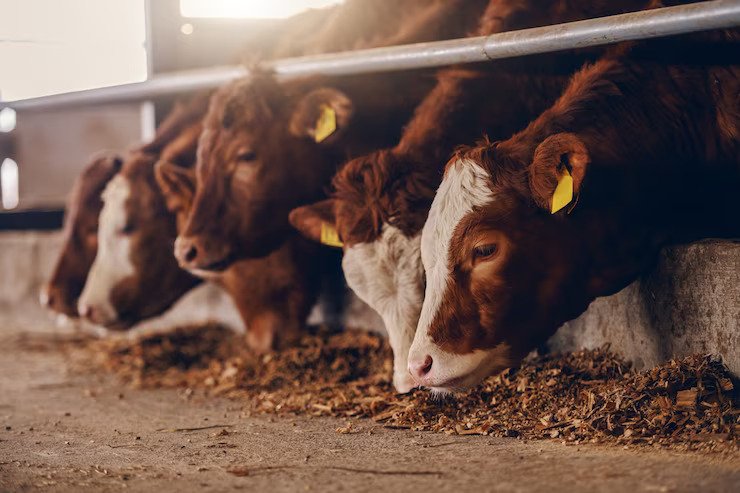
Understanding the nutritional needs of cows is crucial for ensuring their well-being and maximizing their performance. When it comes to cattle feed, protein requirements play a vital role in maintaining the health of your herd. Protein is necessary for muscle development, milk production, and overall growth.
It is essential to provide a balanced diet that meets the protein needs of your cattle, especially during periods of high production, such as lactation or growing stages. Incorporating high-quality protein sources, such as soybean meal or alfalfa, into their feed can help meet these requirements.
In addition to protein, mineral supplementation is also important for cattle nutrition. Minerals like calcium, phosphorus, and magnesium are essential for bone development, proper muscle function, and overall metabolic processes.
Deficiencies in these minerals can lead to health issues and reduced productivity. Providing mineral supplements in the form of blocks or loose minerals can help ensure that your cattle receive the necessary minerals they need to thrive. Regular monitoring of mineral levels and adjusting supplementation accordingly is crucial for maintaining optimal health and performance in your herd.
Choosing the Right Feed for Your Herd
Selecting the appropriate nutrition for your herd is crucial for maximizing their performance and ensuring their well-being. When it comes to choosing the right feed for your cattle, it is important to consider the various feed options available and their suitability for meeting the dietary requirements of your herd.
There are several feed options to consider, such as pasture, hay, silage, grains, and supplements. Each option has its own nutritional composition and benefits. Pasture provides a natural grazing option, while hay and silage offer preserved forage. Grains and supplements can be used to supplement the diet and provide additional nutrients.
To make the right choice, it is important to understand the dietary requirements of your herd, including their energy, protein, mineral, and vitamin needs. Consulting with a nutritionist or veterinarian can help you develop a balanced and appropriate feeding program that meets these requirements.
Selecting the right feed for your herd is essential for ensuring their health and productivity. By considering the various feed options and understanding their dietary requirements, you can make informed decisions that will optimize the performance of your cattle.
Feed Management and Feeding Strategies
To optimize the performance and well-being of your livestock, it is imperative to implement effective feed management strategies that consider the nutritional requirements and feeding patterns of your animals. One crucial aspect of feed management is proper feed storage. It is essential to store your cattle feed in a clean and dry area to prevent spoilage and contamination.
This will ensure that the feed retains its nutritional value and does not lead to health issues in your herd. Additionally, incorporating feed additives into your feeding strategies can also greatly benefit your cattle. These additives can include probiotics, prebiotics, and enzymes, which help improve digestion and nutrient absorption in your animals. By implementing sound feed management practices and incorporating feed additives, you can fuel the health and productivity of your herd.
Monitoring and Evaluating Cattle Health and Performance
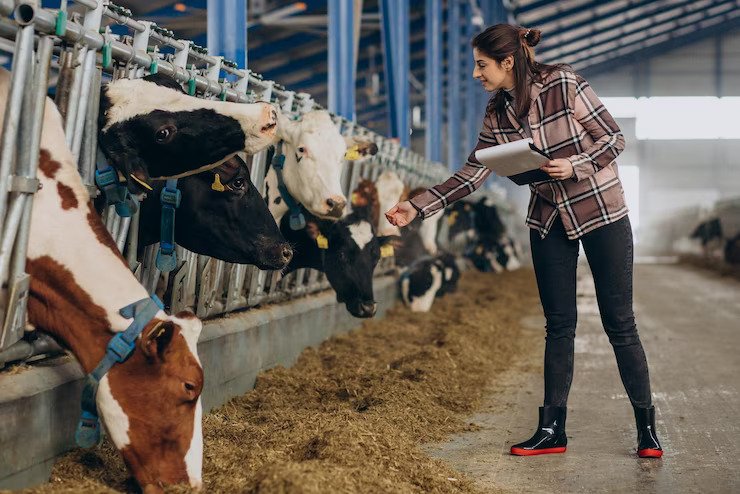
Keep a close eye on how your cows are doing and make sure they’re feeling their best by regularly monitoring and evaluating their health and performance. Disease prevention is crucial in maintaining the well-being of your herd. Implementing vaccination programs and practicing good biosecurity measures can significantly reduce the risk of diseases spreading among your cattle. Additionally, performance tracking is essential for optimizing productivity.
Keep records of weight gain, feed consumption, and reproductive performance to identify any issues and make informed management decisions. Regularly assess body condition score and observe for signs of lameness or respiratory distress. In case of any abnormalities, consult with a veterinarian to promptly address potential health concerns. By monitoring and evaluating the health and performance of your cattle, you can ensure a healthier and more productive herd.
Maximizing Productivity and Profitability through Proper Feeding
In order to maximize the productivity and profitability of your herd, it is crucial to implement proper feeding techniques and ensure high feed quality. The health and performance of cattle are directly influenced by their diet, and providing them with the right nutrition can significantly impact their overall well-being. Feeding techniques such as ration balancing, forage management, and feed additives can help optimize nutrient intake and support optimal growth and development.
Additionally, monitoring and maintaining feed quality is essential to ensure that the cattle are receiving the necessary nutrients. This involves regular testing of feed ingredients, proper storage and handling techniques, and minimizing feed spoilage. By prioritizing feeding techniques and feed quality, you can fuel the health and productivity of your herd, leading to increased profitability and success in the cattle industry.
Conclusion
In conclusion, ensuring the health and productivity of your cattle herd relies heavily on providing them with a balanced and nutritious feed. By understanding their specific nutritional needs, selecting the right feed, and implementing effective feed management strategies, you can optimize their performance and profitability. Regular monitoring and evaluation of their health and performance will help you make necessary adjustments to their feeding regimen. Remember, proper feeding is the key to fueling the success of your herd.
Read Also:
- How Much are Horse Riding Lessons?
- A Comprehensive Guide To Whitetail Deer Hunting: Tips For Beginners
- Conor Swail Irish Showjumper Explains Showjumping In UAE













